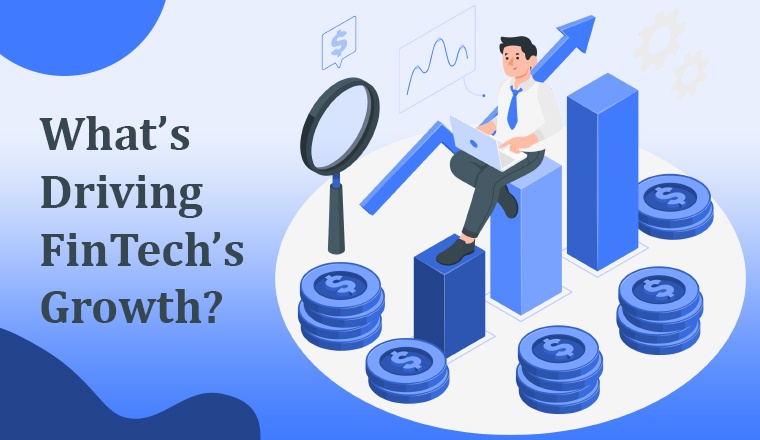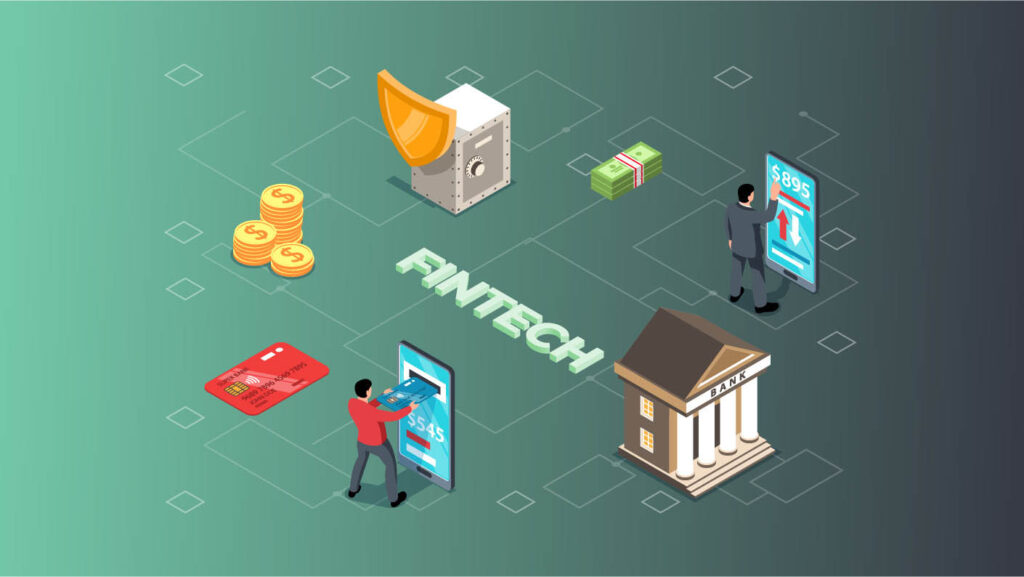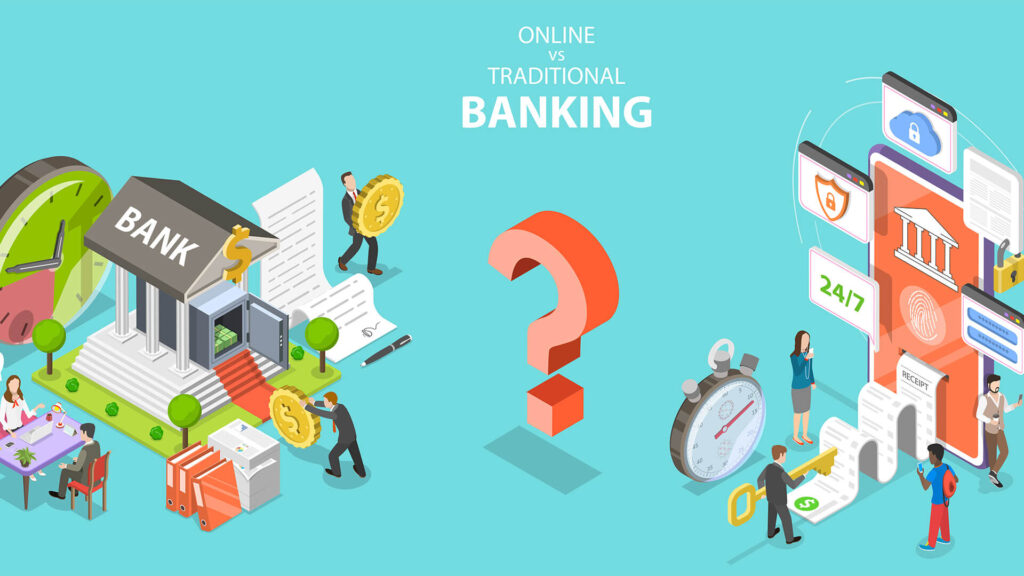Trends in contactless payment technology

Contactless payment technology has revolutionized transactions, offering a mix of innovation, convenience, speed, and security. Its rapid adoption highlights the ease of use and simplicity it brings to daily transactions. This method has become increasingly popular, proving to be a significant advancement in how we conduct payments in a modern, fast-paced world.
Fintech’s role in economic development

Fintech’s transformative footprint on global economic landscapes has been monumental, acting as a catalyst for economic development. This blog post delves into how financial technology, or fintech, has been pivotal in revolutionizing traditional financial services, making them more accessible, efficient, and secure. As we explore fintech’s role in economic progress, it’s clear that its impact extends beyond simplifying transactions to fostering inclusive growth and innovation. The examination of fintech’s influence underscores its significance in driving forward global economic development, highlighting its potential to shape a more digital and equitable future for finance.
The potential of fintech in emerging markets

In the dynamic digital world, fintech in emerging markets is a catalyst for economic progress and inclusion. This sector is revolutionizing traditional financial systems, offering unprecedented opportunities for growth. By leveraging cutting-edge technology, fintech startups in these markets are solving complex financial issues, making banking and financial services accessible to a larger population. As a result, fintech in emerging markets is not just an innovation trend; it’s a vital component in shaping a more inclusive global economy. This evolution underscores the significance of fintech as a tool for development in less established regions.
Fintech startups and their impact on economies

In today’s world, where technology and finance increasingly intertwine, fintech startups are at the forefront of transforming global economies. This article explores the profound impacts these innovative companies have on traditional banking systems, offering insights into their role in financial inclusion, the democratization of access to financial services, and the acceleration of digital banking trends. As pivotal players, fintech startups not only revolutionize how financial operations are conducted but also contribute to economic reshaping worldwide, highlighting their significance in today’s technologically driven financial landscape.
How fintech is driving economic growth

In recent years, fintech has become a major driver of global economic development. This transformative sector is revolutionizing the financial industry, facilitating more inclusive financial services and accelerating economic growth. Fintech innovations are streamlining operations, expanding access to financial services, and offering new opportunities for businesses and consumers alike. As it continues to evolve, fintech’s impact on economic growth is becoming increasingly significant, reshaping how financial transactions are conducted and contributing to a more dynamic global economy. This post explores the pivotal role of fintech in fueling economic development and its far-reaching implications for the future of finance.
Enhancing customer experience with fintech

Improving fintech customer experience is crucial in today’s digital age. With the rapid evolution of financial technology, consumer expectations for seamless, personalized services are higher than ever. Fintech companies must prioritize enhancing user interactions to stay competitive. This involves integrating advanced technologies and adopting consumer-centric strategies. By focusing on optimally developing the fintech customer experience, businesses can ensure they meet the ever-growing demands of their users, ultimately leading to increased satisfaction and loyalty.
The importance of UX design in fintech apps

In the rapidly changing fintech sector, UX design plays a pivotal role in distinguishing successful apps. With financial technology deeply embedded in our everyday transactions, providing a seamless and intuitive user experience is crucial. Fintech UX design focuses on simplifying complex financial processes, ensuring accessibility and ease of use for all users. This article highlights the importance of UX design in fintech, emphasizing how a well-crafted user interface can significantly enhance user satisfaction and engagement, ultimately setting leading fintech applications apart from the competition.
Personalization in financial services

In the digital age, fintech personalization is revolutionizing how customers interact with financial services. By offering tailored solutions beyond traditional banking, it significantly improves user experience. This breakthrough enables a more intimate understanding of individual financial needs, leading to highly customized products and services. As a result, fintech personalization stands as a pivotal development in the financial industry, marking a shift towards more personalized, user-centric financial experiences. This approach not only meets customers’ specific needs but also fosters a deeper relationship between financial service providers and their clients.
Digital wallets vs. traditional banking

In the evolving finance landscape, the comparison between digital wallets and traditional banking highlights significant differences in convenience, security, and access. Digital wallets offer a seamless transaction experience, elevating user convenience above traditional banking methods. With advanced security measures, they also provide a safer alternative for managing finances. Furthermore, digital wallets ensure wider accessibility, allowing users to perform transactions anytime and anywhere. This analysis underscores the growing relevance of digital wallets in modern finance, indicating a shift towards more user-friendly and secure financial management solutions.
Building trust and loyalty in digital finance

In today’s rapidly changing digital finance realm, fintech companies face the challenging task of building trust and loyalty among customers. This blog highlights effective strategies for fintech firms to enhance credibility and secure lasting customer allegiance. By focusing on transparency, user-centric design, robust security measures, and excellent customer service, fintech organizations can establish a strong foundation of trust. These elements are crucial in fostering loyalty, ensuring customers feel valued and secure in their financial transactions. Emphasizing fintech trust and loyalty is essential for companies aiming to thrive in the competitive digital finance industry.